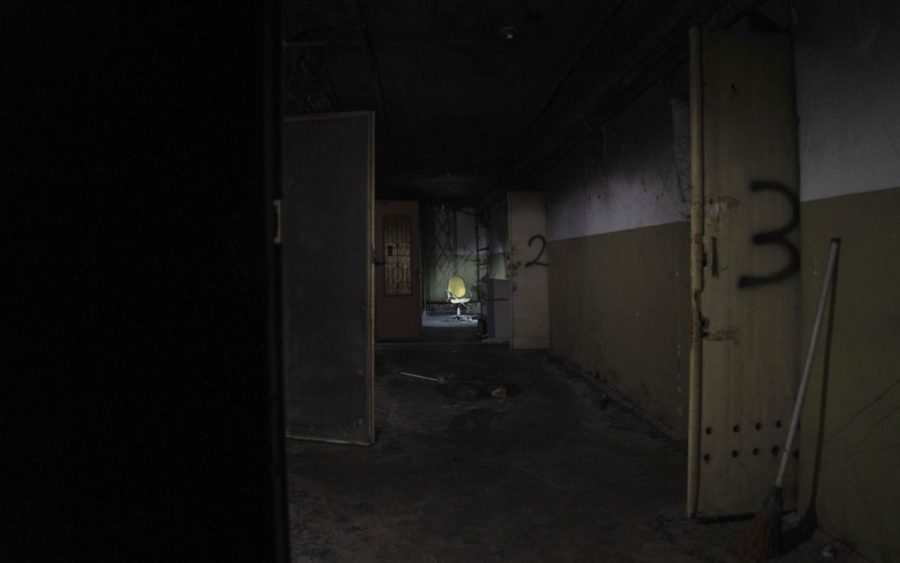Russia’s actions in the occupied territories may constitute crimes against humanity – a report by human rights defenders
Systematic and widespread patterns of arbitrary detention, torture, enforced disappearances, sexual violence, filtration, and related crimes against Ukrainian civilians in Russian-controlled territories may constitute crimes against humanity, as revealed by a new report by the World Organisation Against Torture (OMCT) and Ukrainian partners, the Media Initiative for Human Rights (MIHR) and the Human Rights Centre ZMINA.
 One of the Russian torture chambers in Kherson / Associated Press
One of the Russian torture chambers in Kherson / Associated PressThe report documents human rights violations committed between February and October 2022 at over 20 detention sites. It is based on interviews with victims and witnesses, covering 63 cases — 38 of torture and 25 of other ill-treatment — in the Ukrainian regions of Kyiv, Chernihiv, Zaporizhzhia, Donetsk, Kharkiv, and Kherson.
The investigation behind the report uncovered similar circumstances of detainees’ arrest and release, including their filtration measures, interrogation scenarios, and torture methods and equipment, which were consistent across different locations and times. Evidence indicates that these were not isolated incidents but rather part of a large-scale and coordinated chain of command and a deliberate policy orchestrated at the highest levels of the Russian State.
Lyubov Smachylo, Legal Adviser at MIHR, explains, “Russian forces aimed at identifying and targeting civilians who supported or were perceived to support their own country, Ukraine. They endured systematic torture during their arrest, transfers between places of detention, and while in detention. Ultimately, the entire population of those occupied territories faced immense pressure, fostering a general atmosphere of fear and mistrust in the community.”
All detention conditions documented in the report failed to meet international humanitarian and human rights law standards. Out of the 38 cases of torture documented in the report, all victims stated they endured multiple forms of physical and psychological abuse. Notably, 18% of them reported experiencing sexual violence.
“Many interviewees described this as the worst experience of their lives, recounting constant screams of horror from other detainees. The crimes committed in these illegal detentions have had a profound long-term impact on both their psychological and physical health, including significant weight loss, suicide attempts, and deaths due to torture and ill-treatment,” notes Yelyzaveta Sokurenko, Head of War Crimes Documentation at ZMINA.
“The level of coordination and planning of these atrocities is horrifying,” adds Maryia Kvitsinskaya, OMCT Human Rights Adviser for the Europe and Central Asia Programme. “These crimes meet the threshold of torture and persecution of a broad political group, qualifying as crimes against humanity.”
The report findings underscore the urgent need for the Russian Federation to take immediate action and put an end to these human rights violations. It also calls for prompt intervention by Ukraine, the International Criminal Court, and the entire international community to investigate instances of torture and ill-treatment, condemn and hold accountable those responsible for these crimes, provide comprehensive support services to victims, and ensure justice through international legal mechanisms.
The report, which presents first-hand testimonies of torture survivors, is available in English and Ukrainian.
If you have found a spelling error, please, notify us by selecting that text and pressing Ctrl+Enter.















